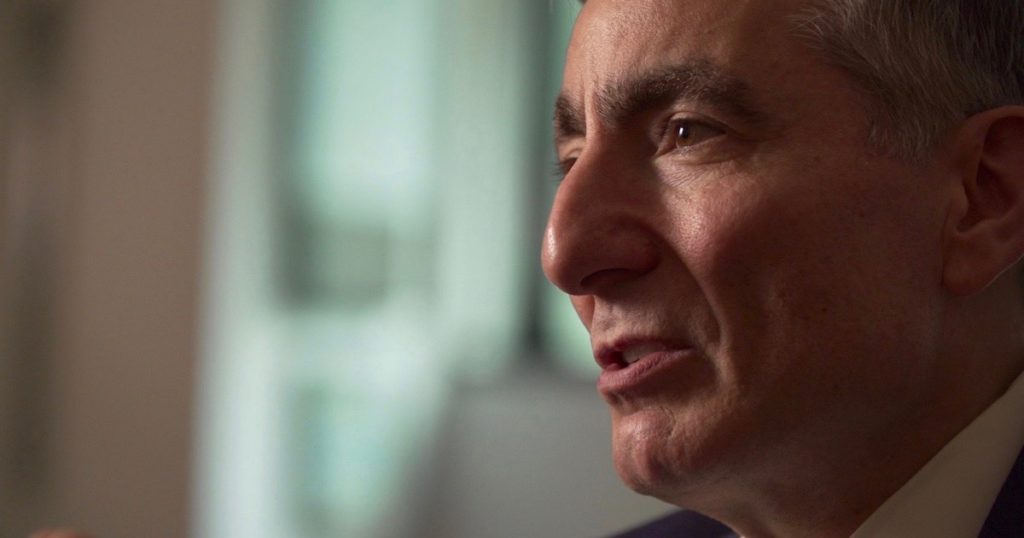 Evolution
Evolution
 Intelligent Design
Intelligent Design
Meyer and Tour Complete Four-Part Seminar on Origin of Life: Will Professor Dave Watch?

The newly released four-part series of videos on problems with theories of an unguided origin of life (OOL), now completed by Rice University chemist James Tour and Signature in the Cell author Stephen Meyer, wasn’t actually intended as a special private seminar for YouTube “science educator” Professor Dave Farina. But Mr. Farina would certainly benefit from watching it.
I think, though, that he’ll be reluctant to do so. For example, if Professor Dave watched to the end, he would have to confront the fact that he deceptively conscripted biochemist Bruce Lipshutz at UC Santa Barbara as an expert witness for his case against Tour, as if Dr. Lipshutz disagreed with Dr. Tour on the OOL. In reality, Lipshutz himself communicated to Tour in an email that he DOES NOT disagree with him. Says Tour, Lipshutz wrote that he “watched my video and he didn’t see anything wrong with my video and he ends up, in his email, he writes how he agrees with me. Peptides don’t form in water. Not gonna happen.” Farina, if he were honest with his audience, would have to admit that he misleadingly positioned Lipshutz and his research, and he would have to apologize. Doing that, and correcting his many other science errors, is not Farina’s style. As Tour might put it, “Not gonna happen.”
But you should certainly watch, or listen, and you are guaranteed to learn a lot about why OOL researchers don’t have a clue about how life could have originated under any materialist scenario. This is important because Farina reaches a huge audience — 2.5+ million subscribers on YouTube — and he’s misleading them about a question that bears on the ultimate issue about the significance of life itself. The only way to effectively respond to him was by offering these videos and their associated audio podcasts. It’s part of a new occasional series launched by Dr. Meyer, “The Story of Everything.” Find the full video playlist here. Find the same series as ID the Future podcasts, along with other resources, here.
